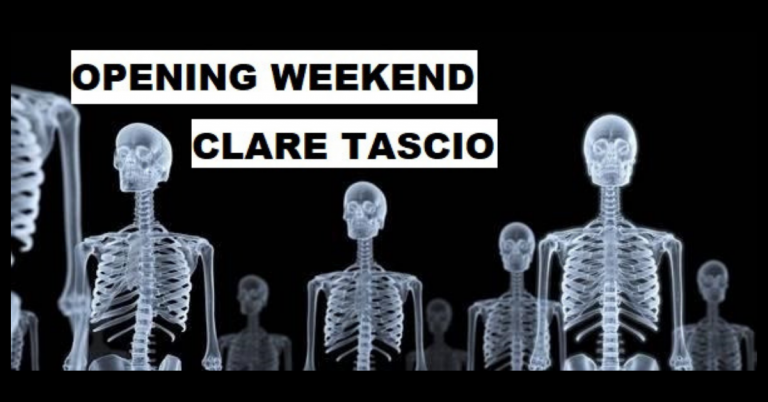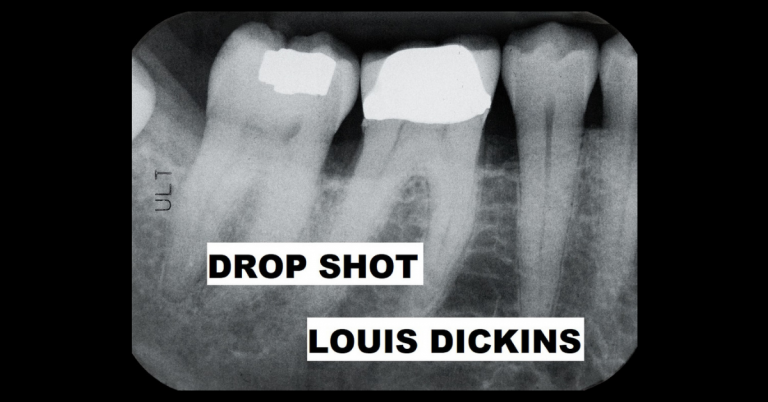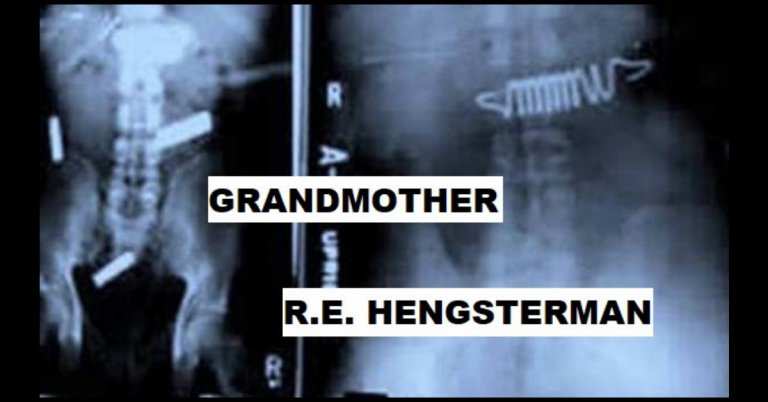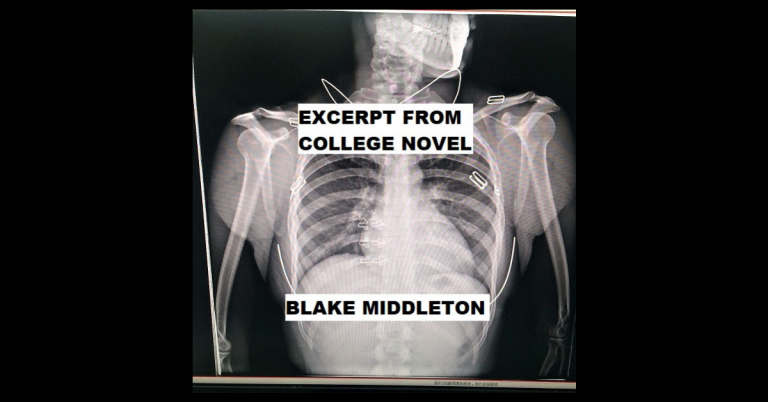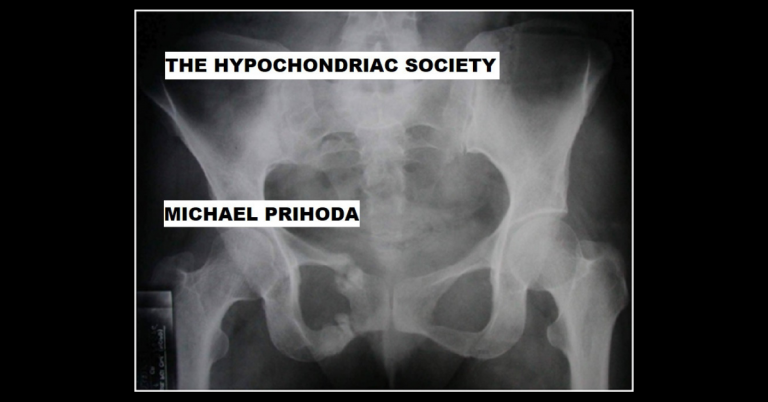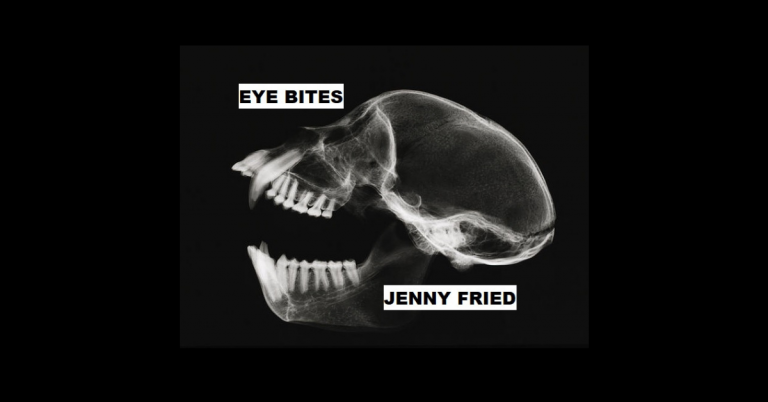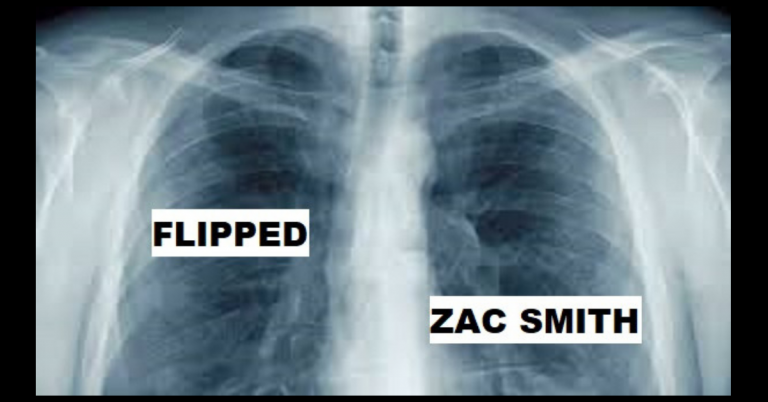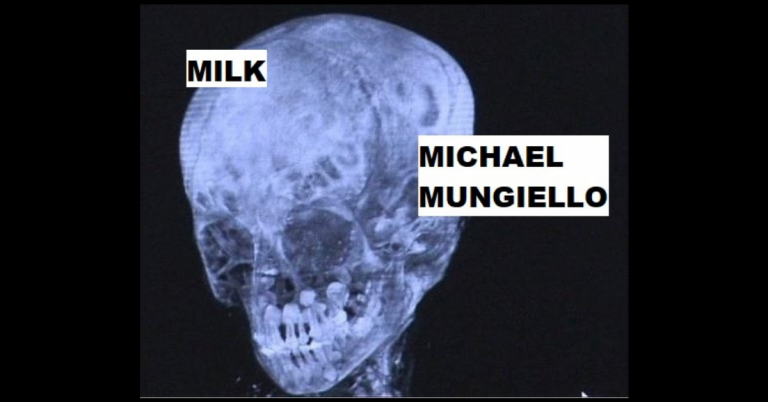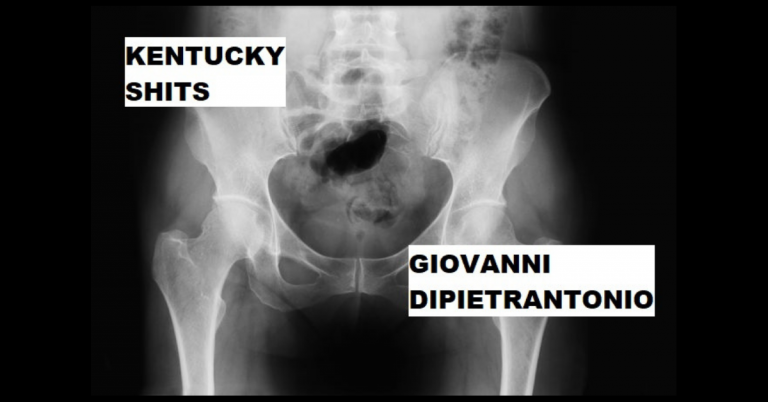
KENTUCKY SHITS by Giovanni DeJaneiro
Steven lived alone in a small house on a cattle ranch at the bottom of a hidden valley. He didn’t have city water, air conditioning, or internet. The kitchen stank. Empty beers crowded the table and counters and stovetop. A flyswatter hung on the wall—flies hummed through the air. Dishes towered in the sink. Bright orange slime curdled in a dirty saucer, seemingly the source of the hideous reek.
He inflated a mattress in the family room, where a floral couch faced a huge wood stove. Grains of rice, toenail clippings, bottle caps, and dirty tissues overspread the coffee table. Envelopes and invoices carpeted the carpet alongside coins and coasters and crumpled socks and another flyswatter.
The mattress deflated while I slept. I woke up on the floor. Steven wasn’t awake. I took a shit and washed my hands. Stripping down, I tiptoed into the tub. I let the water warm and danced under the stream.
Fifteen minutes later, the water choked and ceased.
The water deliveryman said he couldn’t refill the cistern until Monday. Steven had to wash up with bottled water in the bathroom sink. We agreed not to shit in the toilet. I told Steven I would shit at the library. But I clenched my ass until I didn’t have to go.
I sat on the porch and watched Steven leave for work. I would have been at the office had I not decided to quit. I elbowed my brain and feigned gratitude, but then I took a hit and forgot. Fat cows grazed in the green hills and birdsong twinkled in my ear. The landlord’s guard dogs, tongues dangling, bandied into my arms and shed handfuls of dirty coat as soft as warm crayons. The sun smiled like my grandma and even the wasps seemed lazy.
But I couldn’t relax. Dry mouth and bad breath and eye boogers, dog shit, bullshit, dead flies and glue traps swarmed my mind, among other things. I felt like a fugitive. I managed to smoke the feeling out of my head, as well as every thought until I achieved dementia.
I never worried about smoking myself stupid—a return to innocence would have been a happy turn of the screw. No, I worried about smoking myself eccentric and unemployable. I took another hit and blew my brains into the ether.
When Steven came home, we ate bad pizza and drank vodka with Coke. We both drank too much. Steven caved and took a shit he couldn’t flush. I tried to browse porn on my phone, but I didn’t have enough bars.
Steven seemed exasperated after his shit. I laughed at him.
“Hey, are you sure you don’t want me to pay some rent where I’m here?”
“No. You’re my guest. You can stay as long as you want.”
“Okay, cool. I’m not going to move in, you know. Remember, I’m going to Colorado the week after next, so I’ll be out of your hair soon.”
“So, why exactly do you want to move to Colorado again?”
“I don’t know—a change of scenery. Mountains, I like mountains. And weed is legal—”
Steven smiled.
“Bullshit. You’re full of shit. I know why you’re going.”
I made a funny face.
“Why?”
“Because of that girl, right?”
“I don’t know what you’re talking about.”
“Look, man, I don’t mean to doubt your judgment, but I have to say, I’m a little worried. She requested me on Facebook—”
“Yeah, I told her about you.”
“It says she’s in a domestic partnership with someone. Is she married or something?”
“What? No. She has a boyfriend, but I don’t like him. I mean, I’m definitely a homewrecker. But this time I paid for the home I’m wrecking.”
“What do you mean?”
“I mailed her five hundred dollars last month so she wouldn’t have to sell her car to make rent. It’s just that she gets her license next month, provided she doesn’t have another seizure. She’s so close, and I would hate for her to have to sell her car, and I love her—”
“I’m not trying to tell you what to do or anything, but you should be careful. So she doesn’t take advantage of you.”
“She’s not, no, it’s not like that. I also bought her some concert tickets and a stuffed animal for her birthday, but she didn’t expect or ask for any of those things, you know?”
“Okay, I hear you. You know her better than I do. I’m just saying, in my experience, poor people can’t love.”
“Is that right?”
“Look, all I’m saying is, be careful. You want another beer?”
“Sure.”
“Okay, get it yourself. Get me one, too.”
Steven waddled toward the bathroom.
“I’m probably going to shit myself. Jesus Christ! Was there a time when I didn’t have to shit myself? I guess this is what it means to be a prisoner.”
I tried to browse porn again, but the page wouldn’t load. I also tried to look up the average salary of technical writers in the Milwaukee metropolitan area. But the page wouldn’t load.
“Stay out of the bathroom for a while.”
I chuckled and changed the subject.
“I’m so fucked, man. I don’t know what I’m going to do. I shouldn’t have quit. I should have learned how to code!”
“Maybe, but I think you would kill yourself if you were a coder.”
“Yeah, probably. I don’t know how you do what you do. I know I couldn’t.”
“Well, I’m only working where I’m working because I want to buy the company eventually.”
“What, really? How?”
“They offered me stock options when I started, but I don’t think it’s going to happen. They’re full of shit. The reality is that I’m lucky they haven’t fired me. And if I don’t make $300,000 by the end of the year, they might.”
“Damn, man.”
“Yeah. I’m in sales because I could make a lot more money faster than any engineer. That’s the carrot they dangle in front of me, anyway. It’s not bad, but I don’t like it. It’s about the money. Why do you think people do it? It’s funny, my manager told me, you work hard, you buy a Porsche and a nice watch, and then you get a girl. I’m like, is that true? And he’s like, yeah, that’s what I did! I knew my character wasn’t going to get me by. That’s why I put a spoiler on my car.”
“Well, goddamn. I don’t know, man. That’s bleak. I can’t believe people live like that.”
We laughed. I raised my voice.
“Don’t you want to FIRE, man?”
“What’s that mean?”
“Financial Independence, Retire Early, man! I’ve been reading this Reddit, the financial independence Reddit, and these people, they’re like bankers and coders and shit. They advocate living below your means and putting your savings in stocks so you can retire early.”
“That’s just spastic retard shit. I actually talk to CEOs and people in charge of shit all the time, and once you’ve heard enough about the way stocks are, you know, created, you realize it’s all bullshit. It’s made up.”
“What, you don’t want to retire early, man?”
“Retire early? For what?”
“I don’t know, some people said they want to play video games in solitude, you know.”
“So? They can play video games anytime.”
“But they want to play video games all the time—some of them.”
“Well, good luck with that. Hey man, I’m sorry, but I don’t feel too great. I’m going to go to bed, alright?”
“Hey, that’s fine. Farewell and goodnight! Feel better, man.”
“Thanks. Goodnight.”
I woke up in the middle of the night with a stomachache. I unspooled a wad of toilet paper and stumbled outside. The guard dogs barked and howled somewhere in the valley. I thought they might ambush me. Panicked, I fumblingly unbuckled my pants and squeezed runny shit in the grass behind the barn. The odor gagged me. More and more dogs began to bark and howl. I braced myself for a fight.
The dogs didn’t show. I wiped my ass and attempted to scoop the wet pile into a plastic bag. Liquid shit speckled my fingers. I sniffed them and threw up. My stomach finally settled. I tossed the bag of shit and went back to sleep.
The next day, Steven still had the shits. He thought he might have to go to the hospital, he shit so much. I held my shit, but I had to piss in the toilet several times. We slowly flooded the toilet.
It was too hot to go outside. Having sweated all day and all night, grease slicked my skin and I couldn’t breathe through either nostril. Using his phone as a mobile hotspot, Steven streamed a South Korean police drama on his laptop. We watched thirteen hours of the show, pausing only to piss and shit and order takeout.
Steven insisted I try Joella’s Hot Chicken.
“No, I want the real thing. Let’s get some Kentucky Fried Chicken,” I drawled in a terrible southern accent.
“I’m telling you, they don’t have KFC in Kentucky.”
“No way, I definitely saw a KFC near the highway.”
“Well, yeah, there’s KFC, but they’re usually attached to Long John Silver’s.”
“Weird, I’ve only ever seen Taco Bell Pizza Hut.”
“Have you tried Cincinnati chili?”
“What, that orange shit in your sink?”
Sunday afternoon, the water deliveryman came. I watched him back up the driveway in a red pickup with a rusty tank chained to the bed. He slipped a green hose inside a hole in the front yard and poured forty dollars of water into the cistern. Here’s a productive member of society, I thought, a pillar of the community.
Steven and I cheered when the faucets sputtered water. We could finally flush the toilet—a small victory. I could smell my crotch through my jeans, so I immediately took a shit and a shower.
When the cistern ran dry, I thought I was roughing it, but I couldn’t imagine having no electricity, no clothes, no shelter, least of all no money to spin the situation. The house could burn down, my car could blow up, my clothes could shrink and my family could die. I would still have enough money to live.
I couldn’t believe I had quit my job and wound up staying rent-free in a quaint home on an isolated cattle ranch in rural Kentucky. People aspire toward my rock bottom, work their whole lives away. I feared the worst was yet to come.
I stared at the ceiling and contemplated suicide. I suppose I should have been grateful for my life and my friend and running water, but I felt undead and lonely and thirsty. I suppose I should have been grateful for the opportunity to kill myself, but I couldn’t decide how I wanted to die.
I didn’t want to shoot myself because I’m a lousy shot. I didn’t want to jump because I’m afraid of heights. I didn’t want to slash my wrists because I’m squeamish. I didn’t want to overdose because I might wind up merely brain-dead, a drooling caricature in a bed of medical bills, confined to my mother’s basement for the rest of my life.
My mother didn’t want children, she wanted dogs. Turns out she’s allergic to dogs. But she wasn’t back then. I couldn’t understand why she bothered to create me. Childbearing is busywork, childrearing a career all its own. She must have loved my father.
I would’ve liked to have been a dog. I could have shit anywhere. I opened the fridge and grabbed several slices of raw bacon. I sat on the porch. Waving the bacon, I watched the guard dogs scamper toward me.


